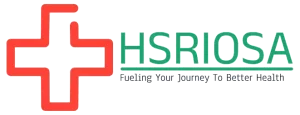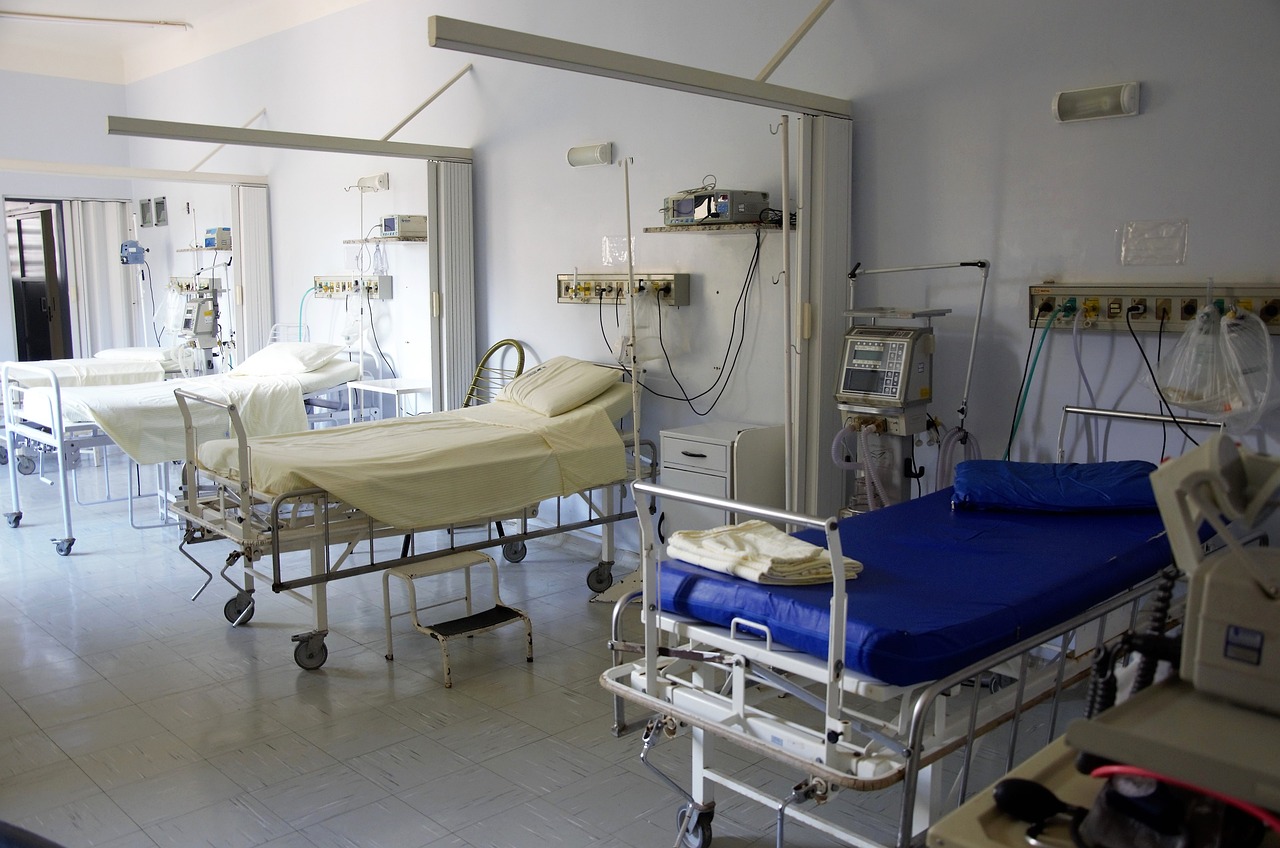The healthcare industry is a dynamic and essential sector, providing numerous opportunities for employment across a wide range of disciplines. Hospitals, as critical components of the healthcare system, offer a plethora of job opportunities that cater to various skill sets and interests. Whether you’re just starting your career or looking to make a transition, understanding the different roles within a hospital can help you find a fulfilling and impactful job.
1. Nursing Positions
Nurses form the backbone of hospital staff, playing a vital role in patient care. There are various types of nursing positions, including:
- Registered Nurses (RNs): They provide direct patient care, administer medications, and coordinate with doctors and other healthcare professionals to manage patient treatment plans.
- Nurse Practitioners (NPs): Advanced practice nurses who can diagnose and treat illnesses, prescribe medications, and perform procedures. They often work in specialized areas like pediatrics, geriatrics, or emergency care.
- Licensed Practical Nurses (LPNs): Provide basic medical care and assist RNs and doctors with patient care tasks.
2. Physician and Surgeon Roles
Doctors and surgeons are responsible for diagnosing and treating illnesses and injuries. They may specialize in areas such as:
- General Practitioners: Provide comprehensive care for patients of all ages.
- Specialists: Focus on a specific area of medicine, such as cardiology, oncology, or neurology.
- Surgeons: Perform operations to treat diseases, injuries, and deformities.
3. Medical Technologists and Technicians
These professionals play a crucial role in diagnosing and treating medical conditions by performing tests and analyzing results. Key positions include:
- Medical Laboratory Technologists: Conduct complex tests and analyses on blood, tissue, and other body fluids.
- Radiologic Technologists: Operate imaging equipment to perform X-rays, CT scans, MRIs, and other diagnostic imaging procedures.
- Pharmacy Technicians: Assist pharmacists in preparing and dispensing medications.

4. Administrative and Support Staff
Hospitals require a wide range of administrative and support staff to ensure smooth operations. These roles include:
- Medical Records Technicians: Manage and organize patient health records.
- Medical Coders: Translate medical procedures and diagnoses into standardized codes for billing and insurance purposes.
- Hospital Administrators: Oversee the overall management and operations of the hospital, ensuring efficient delivery of healthcare services.
5. Therapists and Rehabilitation Specialists
These professionals help patients recover from injuries, surgeries, and other medical conditions. Key roles include:
- Physical Therapists: Work with patients to improve movement and manage pain through exercises and treatments.
- Occupational Therapists: Help patients regain the ability to perform daily activities and improve their quality of life.
- Speech-Language Pathologists: Treat communication and swallowing disorders in patients.
6. Allied Health Professionals
Allied health encompasses a broad range of professions that support patient care, including:
- Respiratory Therapists: Treat patients with breathing or cardiopulmonary disorders.
- Dietitians and Nutritionists: Provide nutritional guidance to help patients manage health conditions and improve overall well-being.
- Diagnostic Medical Sonographers: Use ultrasound technology to produce images of the body’s organs and tissues.
7. Mental Health Professionals
Mental health is a critical aspect of healthcare, and hospitals employ various professionals to address these needs:
- Psychiatrists: Medical doctors specializing in the diagnosis and treatment of mental illnesses.
- Psychologists: Provide therapy and counseling to help patients cope with mental health issues.
- Social Workers: Assist patients and their families with emotional support, counseling, and connecting them with community resources.
8. Support Services
Hospitals also require support services to maintain a safe and clean environment. These positions include:
- Housekeeping Staff: Ensure cleanliness and sanitation throughout the hospital.
- Maintenance Workers: Handle repairs and upkeep of hospital facilities and equipment.
- Security Personnel: Maintain a safe environment for patients, staff, and visitors.
9. Volunteer Opportunities
Many hospitals offer volunteer programs that provide valuable support to staff and patients. Volunteers can assist with tasks such as:
- Patient Transport: Helping patients move between departments.
- Clerical Support: Assisting with administrative duties.
- Patient Companionship: Spending time with patients who may need emotional support and companionship.
10. Emerging Roles in Healthcare Technology
With advancements in technology, new roles are emerging in the healthcare sector, including:
- Health Informatics Specialists: Manage and analyze health data to improve patient outcomes.
- Telemedicine Coordinators: Facilitate virtual care services, connecting patients with healthcare providers remotely.
- Biomedical Engineers: Develop and maintain medical devices and equipment.
The Path to a Hospital Career
Embarking on a career in a hospital setting often requires specific education and training. For example, nursing roles typically require a degree in nursing and passing licensure exams. Physicians need to complete medical school and residency programs, while medical technologists and technicians may require specialized certifications.
Many hospitals also offer internship and residency programs, providing hands-on experience and training for new graduates. Additionally, continuing education is crucial in healthcare to stay updated with the latest advancements and best practices.
Conclusion
Working in a hospital can be a highly rewarding career path, offering opportunities to make a significant impact on patients’ lives. Whether you’re interested in direct patient care, administrative roles, or support services, there is a diverse array of job options available. As the healthcare industry continues to evolve, so too do the opportunities for employment, making it an exciting and dynamic field to be a part of.
Exploring these various roles and understanding the educational and training requirements can help you find the right fit for your skills and interests, setting you on a path toward a fulfilling career in healthcare.




